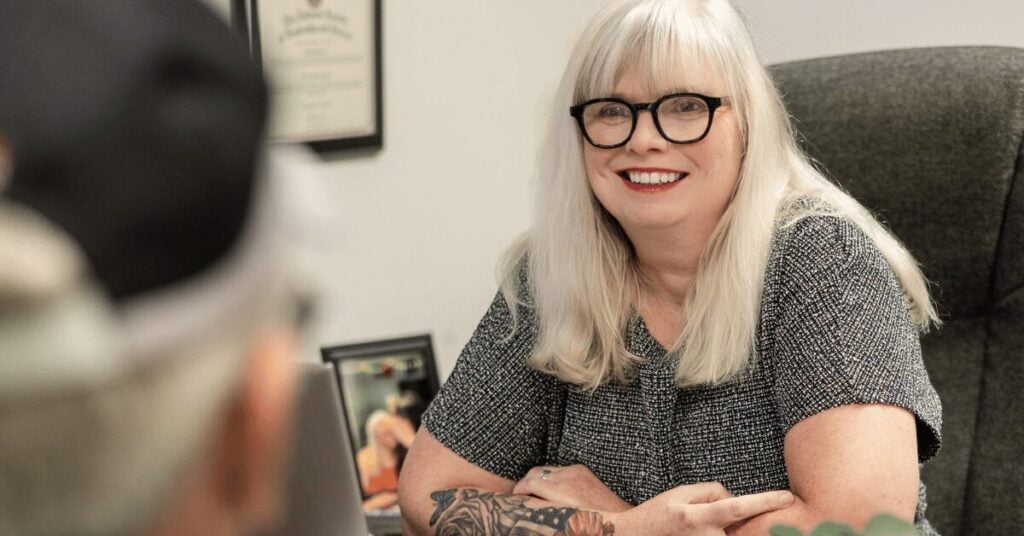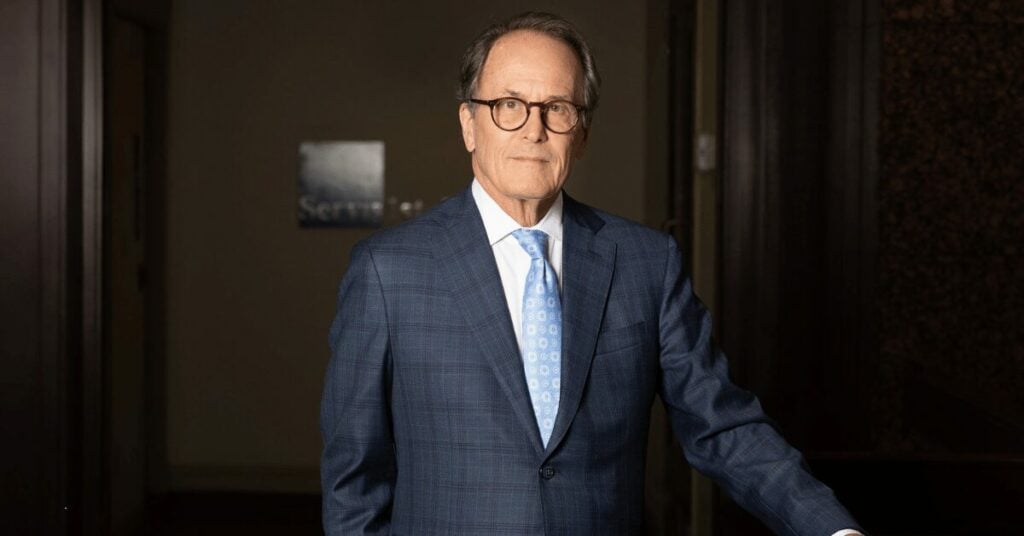Jenny Isner was born in Donalsonville, Georgia, where she faced significant challenges from a young age. As the eldest of three sisters, she experienced homelessness at 15, forcing her to quit school and begin working full-time to support herself. After completing her GED, Isner joined the Army on May 17, 2001. Over the next 15 years, she dedicated herself to her country, deploying in support of Operation Iraqi Freedom and serving in various roles across the world, including at Walter Reed, Fort Benning and Camp Hovey in South Korea. Despite being medically retired in 2016 due to a medical condition, Isner’s service was marked by numerous accolades, including the Army Commendation Medal, Bronze Star Medal and Army Achievement Medal.
TRANSITIONING FROM MILITARY TO CIVILIAN LIFE
During the transition, I faced challenges in finding employment, often being told I was overqualified. To redirect my path, I pursued a degree in social work, hoping to serve others in a different capacity. My biggest challenge was changing my mindset of how things operated in the military versus how it was in an educational environment and realizing how my disability also interfered with my ability to learn new information.
How did your military experience prepare you for life out of uniform?
My military experience prepared me by instilling attention to detail and teaching me how to navigate regulations and policies.
CAREER PATH AFTER THE MILITARY
What motivated you to pursue your current career?
I joined the American Legion, where I encountered veterans within the community who were struggling and not receiving the VA disability benefits they deserved. I took it upon myself to drive or refer them to Mr. Foshee, a Veterans Service Officer (VSO). Mr. Foshee’s dedication and impact inspired me to help veterans access the benefits and resources to which they are entitled.
Were there any surprises transitioning into the business sector?
One of the most unexpected aspects was how well my military experience and education at Troy University prepared me for my current role. Both experiences instilled in me invaluable lessons in attention to detail, teamwork and active listening.
In what ways has your military background influenced your approach to
business and leadership?
I learned the importance of understanding my team’s strengths and weaknesses, and how to leverage them for success. This has translated into my leadership style, where I focus on empowering individuals to perform at their best.
ADVICE FOR OTHER VETERANS
If you were to transition from the military to civilian life again, what would you do differently?
I would focus more on networking and seeking mentorship early in the process.
How do you balance the need for structure and discipline from military life with the flexibility often required in business?
I maintain a strong foundation of discipline and attention to detail, which ensures that key objectives are met and standards are upheld. Simultaneously, I embrace flexibility by adapting strategies and processes to accommodate changing circumstances and diverse team and client needs.
“To me, being a veteran encompasses both those who have deployed and those who have supported their country stateside, all through duty and honor.”
- Branch: S. Army for 15 years
- First Job Post-Military: A work-study position at the Troy for Troops Center at Troy University
- Most Useful Military Skill: Active listening
- Most Helpful Resources For Transition: The Transition Assistance Program (TAP), VA counseling services and Vocational Rehabilitation and Employment Services helped me translate my military experience into a language that civilian employers could understand, making my transition into the business sector much smoother.






